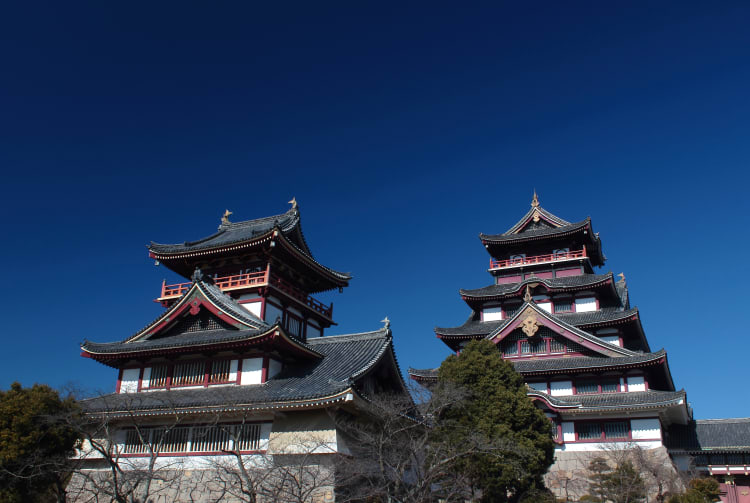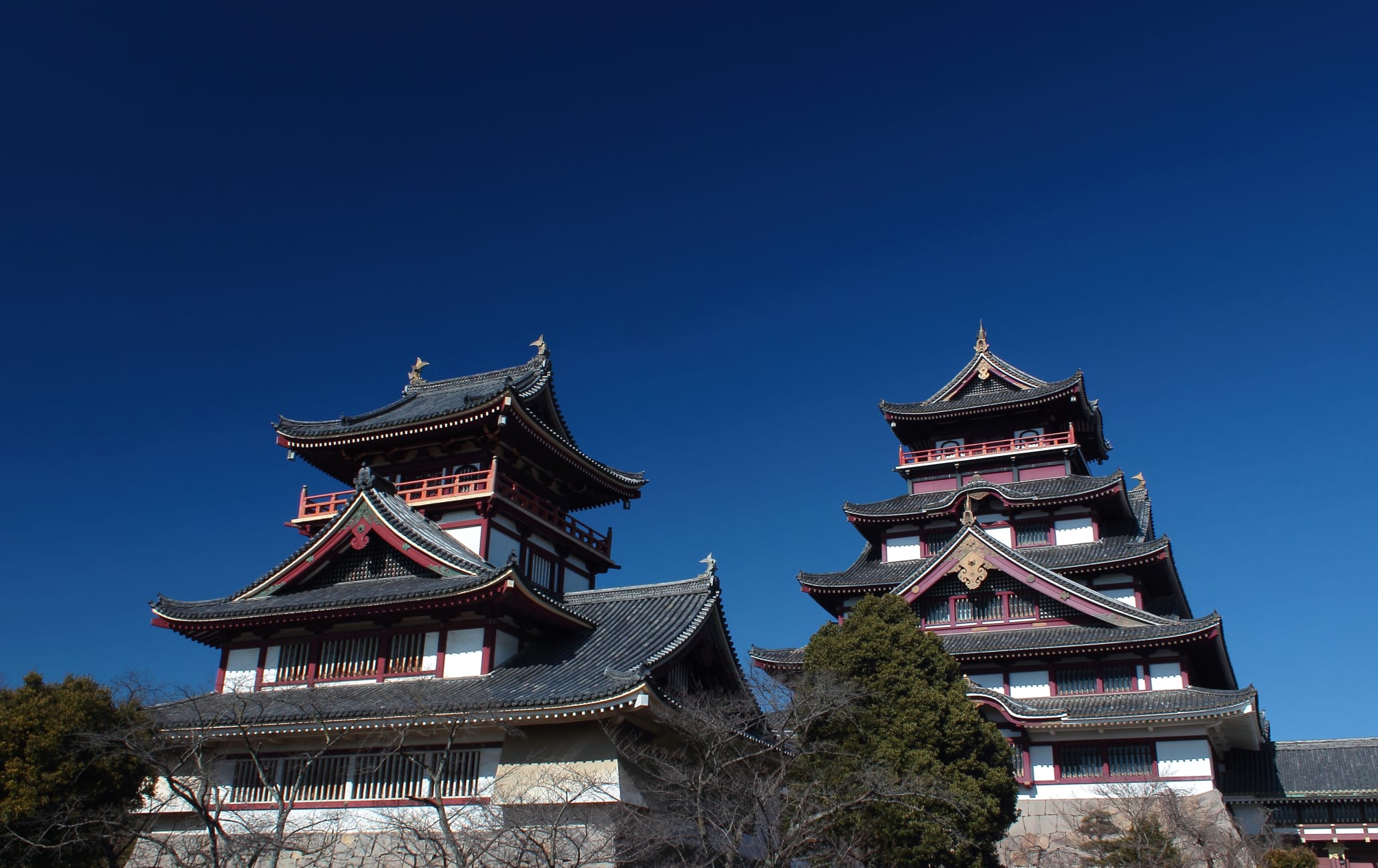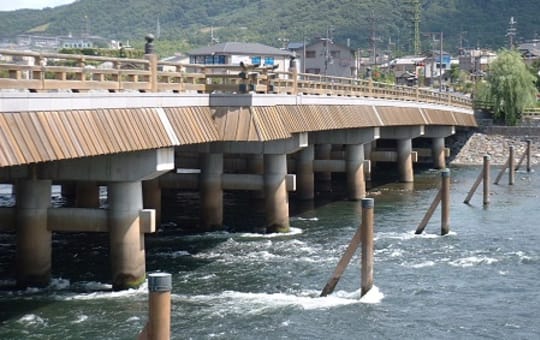A remote and ill-fated fortress built for warlord Toyotomi Hideyoshi
Fushimi Castle, also known as Momoyama Castle, is located in a quiet, residential part of southern Kyoto. However, during the Warring States period, it was anything but quiet. Destroyed by an earthquake soon after it was first constructed, the fortress was later the site of a pitched battle and a mass ritual suicide.
Quick Facts
The castle was originally built in the late 16th century by an army of 20,000 to 30,000 workers
Bloodstains from a mass suicide here can be found around Kyoto in salvaged castle materials
An earthquake destroyed the castle only two years after it was first built
How to Get There
Fushimi Momoyama Castle is easily accessible by rail.
From Kyoto Station, take the Kintetsu-Kyoto Line to Kintetsu-Tambabashi Station. From there, it is a 20-minute walk to the castle.

A siege lost
When Toyotomi Hideyoshi died in 1598, the castle was taken over by Tokugawa Ieyasu, who united Japan after the Battle of Sekigahara. When Ieyasu left the castle just before the Sekigahara Battle in 1600, Torii Mototada, a loyal samurai to Ieyasu, famously died while defending the castle during an 13-day siege. Once the enemy declared victory, they took the castle apart and moved it in pieces to other temples and castles throughout Japan.

Bloody floors
When Mototada and his men admitted defeat, they committed ritual suicide, staining the floors of the castle. Legend has it that you can now find these blood-stained floors repurposed as ceilings in many temples in Kyoto, including Genkoan in the northwest.

Today's castle
The modern replica was built in 1964 near the original site of the castle. Apart from the twin keeps, it likely bears little resemblance to the original.
You can walk the grounds freely and admire the twin keeps but only from the outside. Due to the castle's distance from other tourist sites, the grounds are often quiet, making them a great place for a secluded picnic in the spring or autumn.

























































